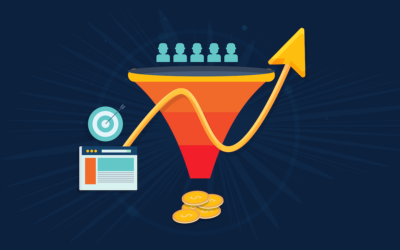In many of our sales training programs, attendees will ask us: “What’s the Difference Between Price, Budget and Perceived Value?” When it comes to the concept of price in sales, there are actually three principles that guide customer behavior:
- Price
- Budget, and
- Perceived value
What’s the Difference Between Price, Budget and Perceived Value?
The differences between price, budget and perceived value in the minds of your prospects are important to understand if you want to succeed in positioning your solution in a way that makes it attractive to price-sensitive buyers.
Price
Price is the amount of money that a product or service costs in dollars, time or the emotional cost associated with the purchase. In the absence of value, which I’ll talk about in a moment, every single purchase will devolve into a question of price. And, as we all know, you don’t want to be selling on price.
Budget
Budget is the amount of money that your prospect has set aside for buying something. This number is sometimes flexible, but not always. It’s important to keep in mind that in the B2B space, additional budget dollars can typically be found when sufficient value is built.
Perceived Value: The Most Important Concept
Perceived value is how much of a return your prospects feel like they will get from a purchase. The difference between price, budget and perceived value in the minds of your prospects is that perceived value has the greatest degree of importance, and is where most sales are made.
The amount of perceived value that your prospects attach to what you are selling is directly proportional to how well you convey the benefits of your products and services in terms of what they want to accomplish. The reason that perceived value is the most important out of all three of these sales concepts is that perceived value often governs price and budget.
If you’re able to offer sufficient value to your customers, they will increase their budget, which leads to a corresponding increase in the amount that they are willing to pay for products and services.
Focus On Value
Because of the importance of perceived value, the most astute salespeople focus on value before they will even talk price or the way that their products or services fit into a specific budget.
The more value that a customer believes they are getting from a purchase, the easier it will be for them to make room in their budget for the purchase and accept a higher price.
Keep in mind that when you are dealing with large corporations or individual customers that have a very rigid budget, you may not be able to adjust their budget no matter how much value you add. If you are unable or unwilling to come down on your price to accommodate an inflexible budget in a B2B selling situation, you can find someone with more budget control at the organization you are selling to.
When facing this situation in B2C selling, you can wait until a later date and try your value proposition again to see if your customer is any more willing to adjust their budget.
The differences between price, budget and perceived value on the part of your prospects have a key impact on how you sell; focus on value and you will find that issues relating to price and budget will take care of themselves.
A buyer-focused sales process like IMPACT Selling will help your sales reps identify the wants and needs of the buyer, and then present a solution in a way that aligns with those wants and needs.
NOTE: Our sales training tools are designed to make your life easier. Use them to your advantage.
Essential Elements of a World-Class Sales Coaching Program
“Recent study shows that while close to 90% of organizations provide some sort of coaching to their salespeople, 65% of those programs are considered ineffective.” The Brooks Group recently teamed up with Training Industry, Inc., a research organization focused on getting to the bottom of current best-practices in sales team effectiveness.




